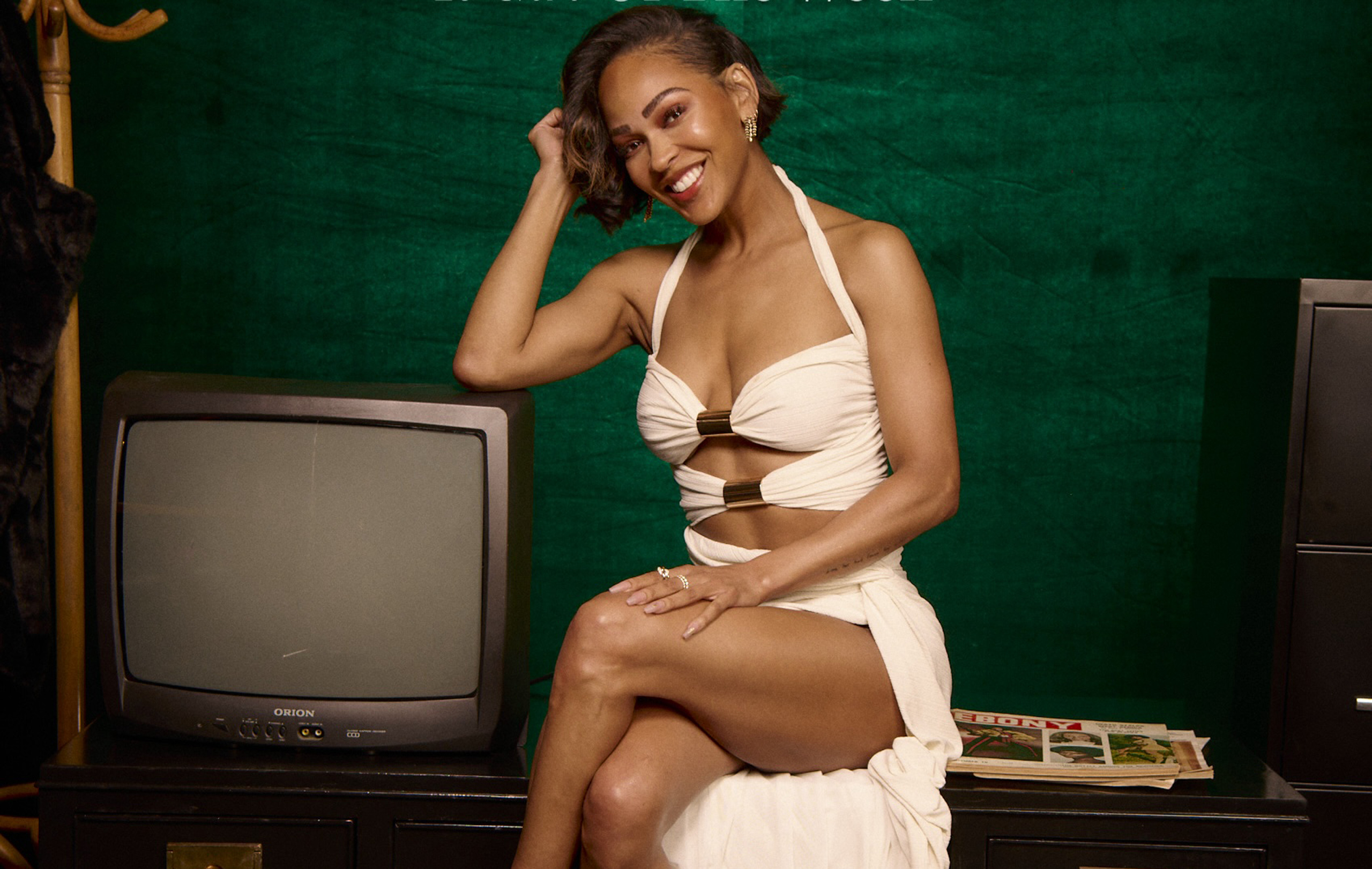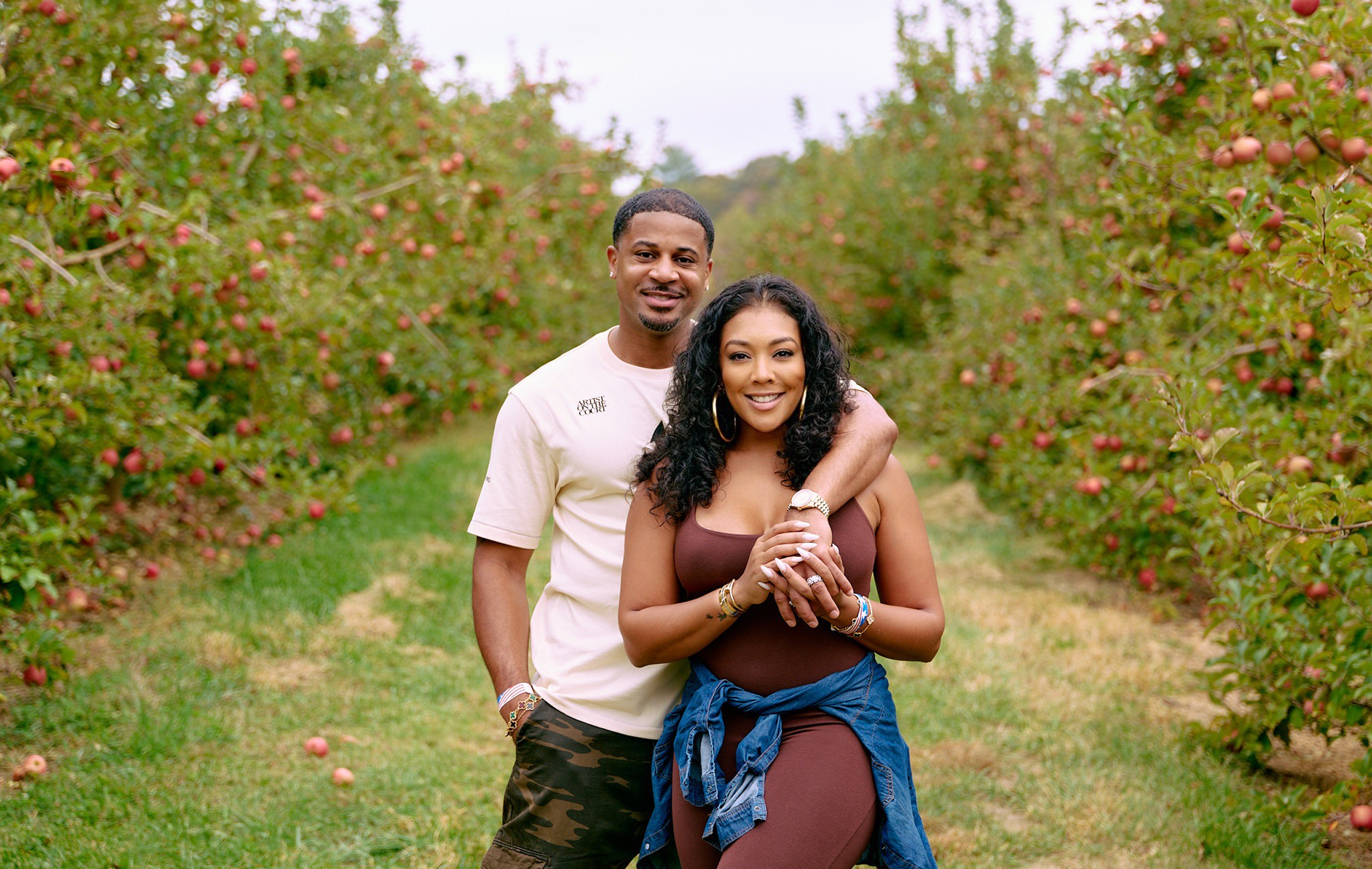
Courtesy of Brook Sitgraves Turner
Writer Brook Sitgraves Turner
Every morning, without fail, I wake, careful to keep my eyes closed, take a deep breath, and give thanks. I give thanks for another day of life, for my health, for my family, for the friends I have, the friends I have yet to make, challenges that will strengthen me, love I’ve received, love I have to give, everything and all of it. Sometimes I have to say those last five words aloud to cover whatever blessing I’ve forgotten. And, just in case I leave this “gratitude attitude” behind while sitting in rush hour traffic, scrambling to meet a deadline, or dealing with some less enlightened soul, I wear a bracelet with the word gratitude engraved. I look to that bracelet as a reminder.
Starting in a place of gratitude exponentially enhances the energy of my day.
But, to be completely honest, I haven’t always been this centered. Leaning into gratitude was a mental health lifeline after a death in the family. A writer, I did the only thing I knew how to and began a blog, Thankful For a Million. I latched onto the positive stories of strangers. I was nourished by their infinite hope, peace, and love. It was delicious. And, after a soul-crushing break-up, I turned to a good friend who was going through a similar situation.
She’d started reading Eckhart Tolle. His discussion of the “painbody,” or the accumulation of emotional pain in our own bodies, stuck with her. His belief that the painbody is triggered and fueled by negative emotions rang true. Whenever she was sad or feeling stuck, negative thoughts and emotions multiplied. And I had to agree, it was the same for me– that was until I chose to focus on the good: gratitude. Enter my new morning ritual. Regardless of what was to come after leaving my bed, I was armed with a list of wonderful things in my life. Negative emotions and feelings were replaced with positives! I’m telling you that…
Embracing gratitude has helped me overcome mental strife that came from life-altering losses.
Don’t believe me? Trust science. The University of California, Berkeley (go Bears!) released a study that found expressing gratitude literally changes the brain for the better. This study followed 300 participants, some of whom were asked to write gratitude letters. And guess what! Their mental health improved.
What does gratitude mean for you and how do you express it? Let us know! We’ll add it to our list below!
Morning Devotional
Start your day by taking inventory. Regardless of what you’re going through, try to think of at least one thing you’re grateful for and give thanks.
Self Care
Expressing gratitude in itself should be considered an act of self care. But from time to time, we all need to give thanks for our own hard work. How do you do that? Set aside time for solo dates, drink water, go to yoga, sleep in, whatever you need to nourish yourself.
Volunteer
Give back! Show your gratitude by sharing your time and energy with others.
Journaling
Whether you’re writing a gratitude letter and sending it off or saving it for yourself, take note and track all the wonderful things in your life.
Doing my best to exist in a state of gratitude changed my life exponentially, for the better. These are my rituals. I offer them to you to use to start the end of the year giving thanks for the beauty it has bestowed and the gifts that are yet to come.
Related Articles
Bozoma Saint John talks Black motherhood, grief, self-love, and finding joy again. Don’t miss her powerful conversation on building legacy and living boldly.
Tyler Lepley shows the beauty of Black fatherhood, blended family life with Miracle Watts, & raising his three children in this Father Noir spotlight.
Black fathers Terrell and Jarius Joseph redefines modern fatherhood through love, resilience, unapologetic visibility in this Father Noir highlight.
Featured Articles
When Elitia and Cullen Mattox found each other, they decided that they wanted their new relationship together, their union, to be healthier and different.
Celebrate their marriage and partnership with the release of the documentary “Time II: Unfinished Business”
The vision for our engagement shoot was to celebrate ourselves as a Young Power Couple with an upcoming wedding, celebrating our five year anniversary - glammed up and taking over New York.
Meagan Good and DeVon Franklin’s new relationships are a testament to healing, growth, and the belief that love can find you again when you least expect it.
Our intent is to share love so that people can see, like love really conquers everything. Topics like marriage and finance, Black relationships and parenting.
HEY CHI-TOWN, who’s hungry?! In honor of #BlackBusinessMonth, we teamed up with @eatokratheapp, a Black-owned app designed to connect you with some of the best #BlackOwnedRestaurants in YOUR city – and this week, we’re highlighting some of Chicago’s best!











